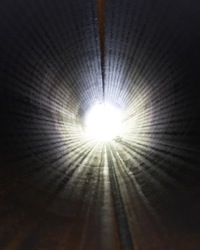Death
From Nordan Symposia
Jump to navigationJump to searchThe printable version is no longer supported and may have rendering errors. Please update your browser bookmarks and please use the default browser print function instead.
- I. 1. The act or fact of dying; the end of life; the final cessation of the vital functions of an animal or plant. a. of an individual.
- b. in the abstract.
- c. as a personified agent. (Usually figured as a skeleton; see also DEATH'S-HEAD.)
- 2. The state of being dead; the state or condition of being without life, animation, or activity. death-in-life, life that lacks any satisfaction or purpose; living death. (Cf. quot. 1841 s.v. DEATHLINESS.) ¶In preceding senses the death was frequent in Old and Middle English, and down to the 16th c. See also 7, 12c, 13; to die the death: see DIE.
- 3. transf. The loss or cessation of life in a particular part or tissue of a living being.
- 4. Loss of sensation or vitality, state of unconsciousness, swoon. Obs. rare. (Cf. DEAD a. 2.)
- 5. fig. a. The loss or want of spiritual life; the being or becoming spiritually dead. the second death: the punishment or destruction of lost souls after physical death.
- c. Of a thing: Cessation of being, end, extinction, destruction.
- 6. Bloodshed, slaughter, murder.
- 7. Cause or occasion of death, as in to be the death of; something that kills, or renders liable to death; often hyperbolically; poet. a deadly weapon, poison, etc.
